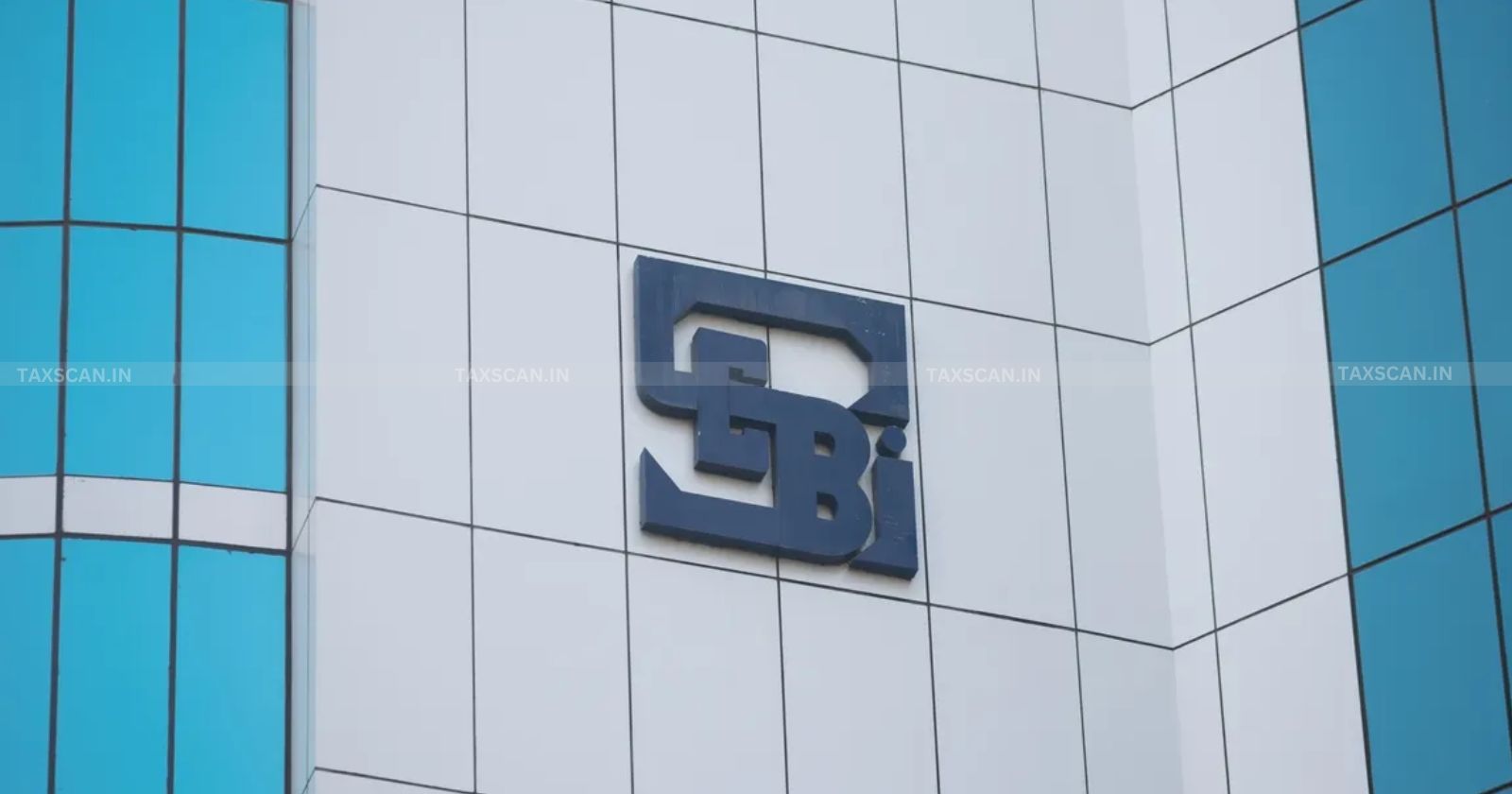SEBI issues Circular on Business Continuity for Interoperable Segments of Stock Exchanges [Read Circular]
The circular mandates that all stock exchanges and clearing corporations, excluding commodity derivatives exchanges, adhere to the new guidelines by April 1, 2025

SEBI – Securities and Exchange Board of India – SEBI issues Circular on Business Continuity – taxscan
SEBI – Securities and Exchange Board of India – SEBI issues Circular on Business Continuity – taxscan
The Securities and Exchange Board of India ( SEBI ) issued a circular on November 28, 2024, for better Business Continuity Planning ( BCP ) and Disaster Recovery Strategies ( DRS ) for interoperable segments of stock exchanges.
The circular mandates major critical infrastructure and procedural upgrades to ensure uninterrupted trading operations during unforeseen outages.
The circular builds upon previous SEBI Master Circulars issued in October 2023, which set the foundational guidelines for BCP and DRS for Market Infrastructure Institutions ( MIIs ) including stock exchanges and clearing corporations.
Master GST - Expert-Led Courses for Ambitious Professionals
The latest directives are part of a phased approach to reinforce the business continuity framework, with Phase 1 having introduced a Software as a Service ( SaaS ) model for Risk Management Systems of Clearing Corporations, as per the SEBI circular dated December 20, 2023.
Phase 2, as detailed in the recent circular, focuses on mitigating the impact of potential outages at stock exchanges during trading hours. SEBI recognizes that outages can expose participants with open positions to significant price risks due to the potential flow of material news during such periods. To counteract this, the circular leverages the multi-exchange setup and interoperability among Clearing Corporations ( CCs ) to provide alternative trading venues, thereby safeguarding investor interests and maintaining market stability.
A dedicated working group, comprising representatives from stock exchanges, CCs, and qualified stock brokers ( QSBs ), was formed to develop these protocols. Following extensive deliberations and consultations with the Secondary Market Advisory Committee of SEBI, the circular delineates specific measures for various segments of stock exchanges, including Cash Markets, Equity Derivatives, Currency Derivatives, and Interest Rate Derivatives.
Master GST - Expert-Led Courses for Ambitious Professionals
Key Provisions of the Circular
Hedging Open Positions
For common scrips and derivatives on single stocks or correlated indices, currency derivatives, and interest rate derivatives, participants can hedge their open positions by taking offsetting positions on alternative trading venues. This ensures that margin requirements are met without necessitating separate treatment for these products.
Reserve Contracts for Exclusively Listed Scrips
Exchanges are instructed to create reserve contracts for scrips exclusively listed on other exchanges and for single stock derivatives not traded on their own platforms. These reserves can be activated during an outage to maintain trading continuity.
Introduction of Correlated Index Derivatives
In cases where index derivatives on one exchange do not have correlated counterparts on another, exchanges are encouraged to develop such indices and introduce corresponding derivatives contracts. This measure provides a mechanism to hedge positions effectively during outages.
Timely Intimation and Activation of BCP: Exchanges experiencing outages must inform SEBI and the designated alternative trading venue within 75 minutes of the incident. The alternative venue is then required to activate the BCP within 15 minutes, ensuring minimal disruption to trading activities.
NSE and BSE to Lead Implementation
In a collaborative effort, the National Stock Exchange ( NSE ) and the Bombay Stock Exchange ( BSE ) have agreed to serve as alternative trading venues for each other. Both exchanges are tasked with developing a joint Standard Operating Procedure ( SOP ) that outlines the activation process during outages, including the roles and responsibilities of each party. This SOP must also address any necessary system changes for stock brokers and Clearing Corporations to implement the measures effectively. SEBI expects the finalized SOP to be submitted within 60 days of the circular’s issuance.
Master GST - Expert-Led Courses for Ambitious Professionals
Key compliance requirements:
Infrastructure and System Upgrades
Exchanges and CCs must implement the necessary infrastructure and system enhancements to support the new BCP and DRS protocols. This includes amendments to existing bye-laws, rules, and regulations.
Member Notification and Information Dissemination
Exchanges are required to inform their members about the new provisions and ensure that the details are accessible on their official websites.
Progress on the implementation of the circular’s provisions must be regularly communicated to SEBI, ensuring transparency and accountability.
Market participants have welcomed the circular, viewing it as a crucial step towards enhancing market resilience.
With the deadline set for April 2025, stock exchanges and clearing corporations are now tasked with implementing these measures to ensure that trading remains uninterrupted, even in the face of unexpected disruptions.
To Read the full text of the Order CLICK HERE
Support our journalism by subscribing to Taxscan premium. Follow us on Telegram for quick updates


